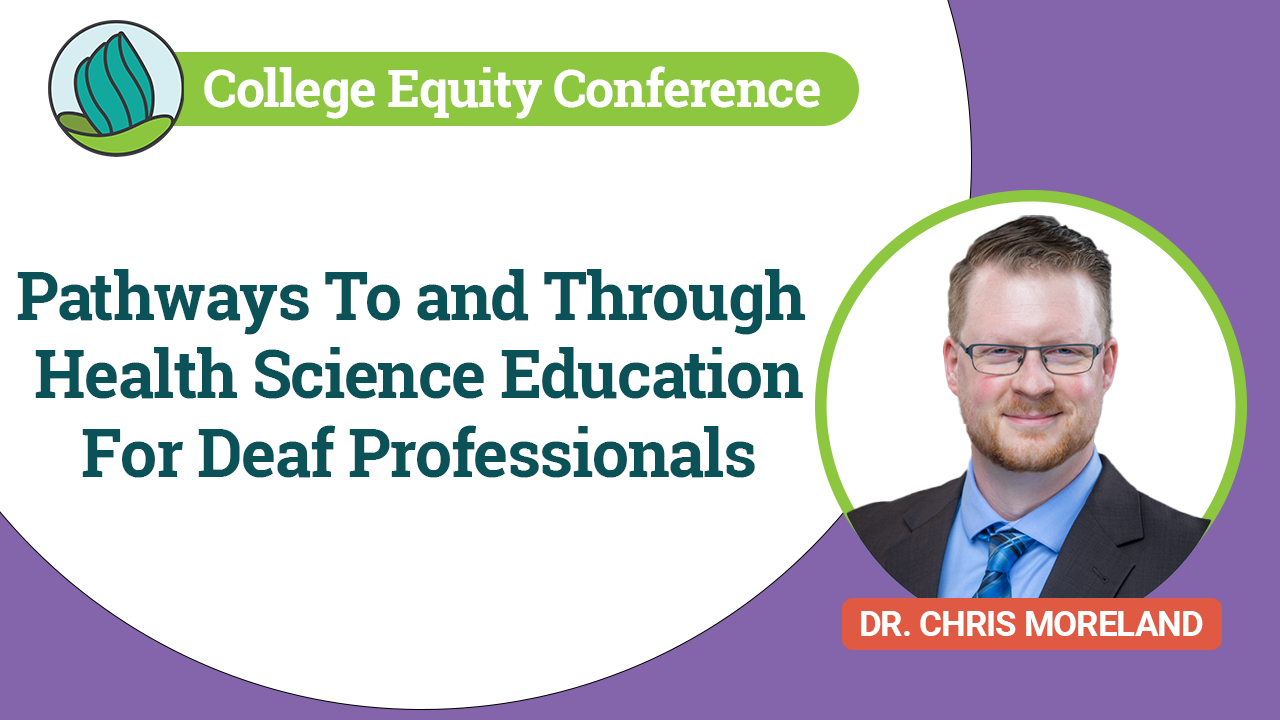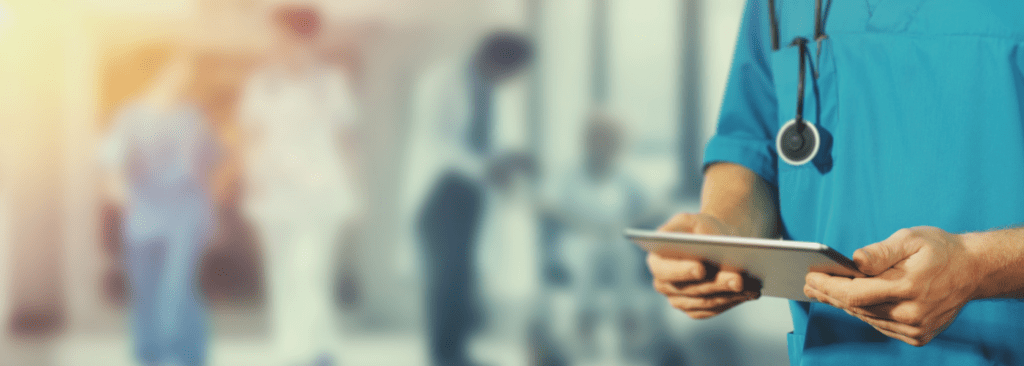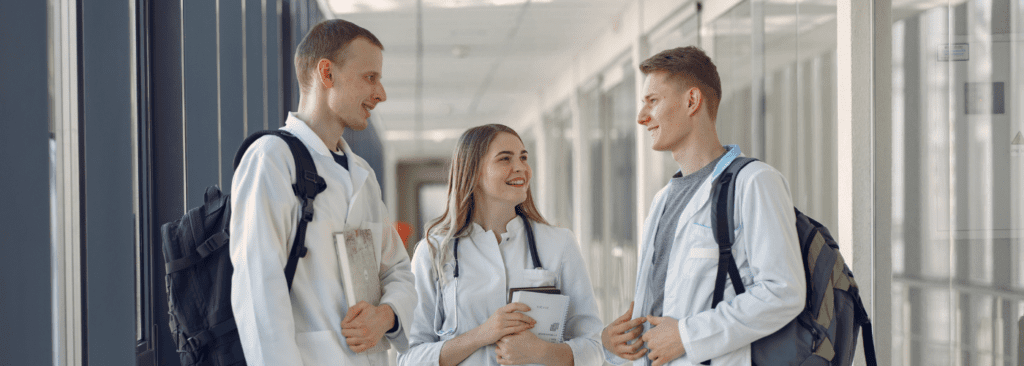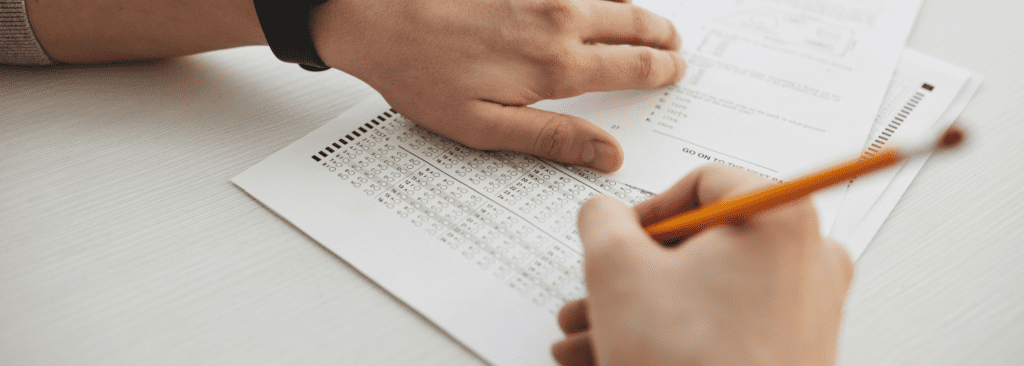Home » Resources » Access & Accommodations » Coordinating Services » Specialized Classes & Training » Deaf Healthcare Students and Professionals
Deaf Healthcare Students and Professionals
More and more disabled students are pursuing careers in healthcare, from pharmacy techs to neurosurgeons.
National data suggests that 3% of physicians have a disability, and among those with disabilities, 12% are deaf. Whether you are a healthcare professional, a student aspiring to enter the field, an administrator, or an advocate working to break down barriers to ensure equal opportunities for all.
Chris Moreland discusses his experience as a deaf medical doctor.
Read full video description.
Over the last decade, there has been a 26% increase in the number of deaf medical professionals.
A varied workforce improves patient and provider experience. Healthcare workers with disabilities may be able to better empathize with patients and may be less prone to burnout. Improving access and participation in the healthcare field benefits not only deaf healthcare professionals, but also patients and healthcare professionals who experience acquired or temporary disabilities. Resources are available for deaf students, disability service professionals, and program administrators organized by the following topics: Technical Standards, Accommodations, and Testing.
“A more diverse health professional workforce can improve health outcomes, mitigate health disparities and lead to disability-inclusive, accessible and equitable health profession education, training and practice” (Singh & Meeks, 2022, p. 106)
Navigating Accommodations in Medical or Clinical Internship Settings
Medical or clinical internships are an important step in getting a higher education degree or post-graduation employment. For deaf students, navigating communication access in these settings is vital to achieving #DeafSuccess. In fact, how to best get this access is a frequent inquiry through our NDC | help team. Our team has gathered information and resources to assist in planning, coordinating, and collaborating with students and sites to ensure the best possible internship experience.
Explore This Topic
Stories from Healthcare
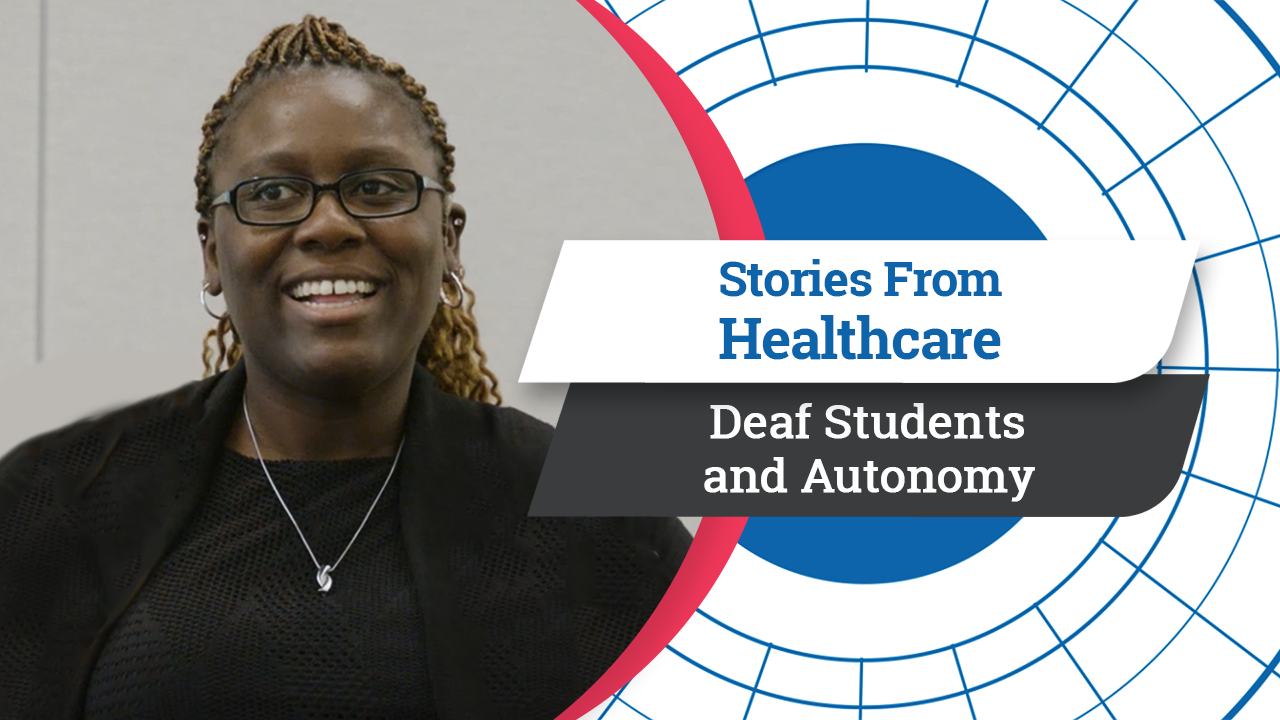
0:36
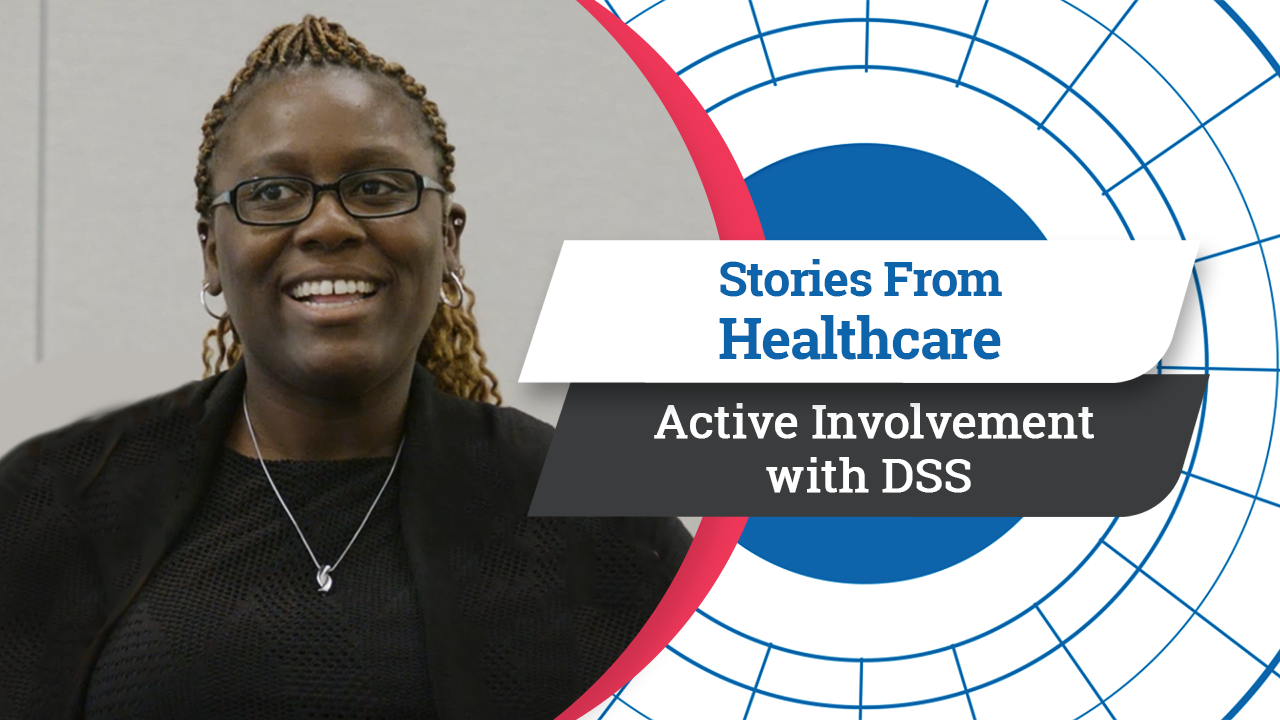
1:34
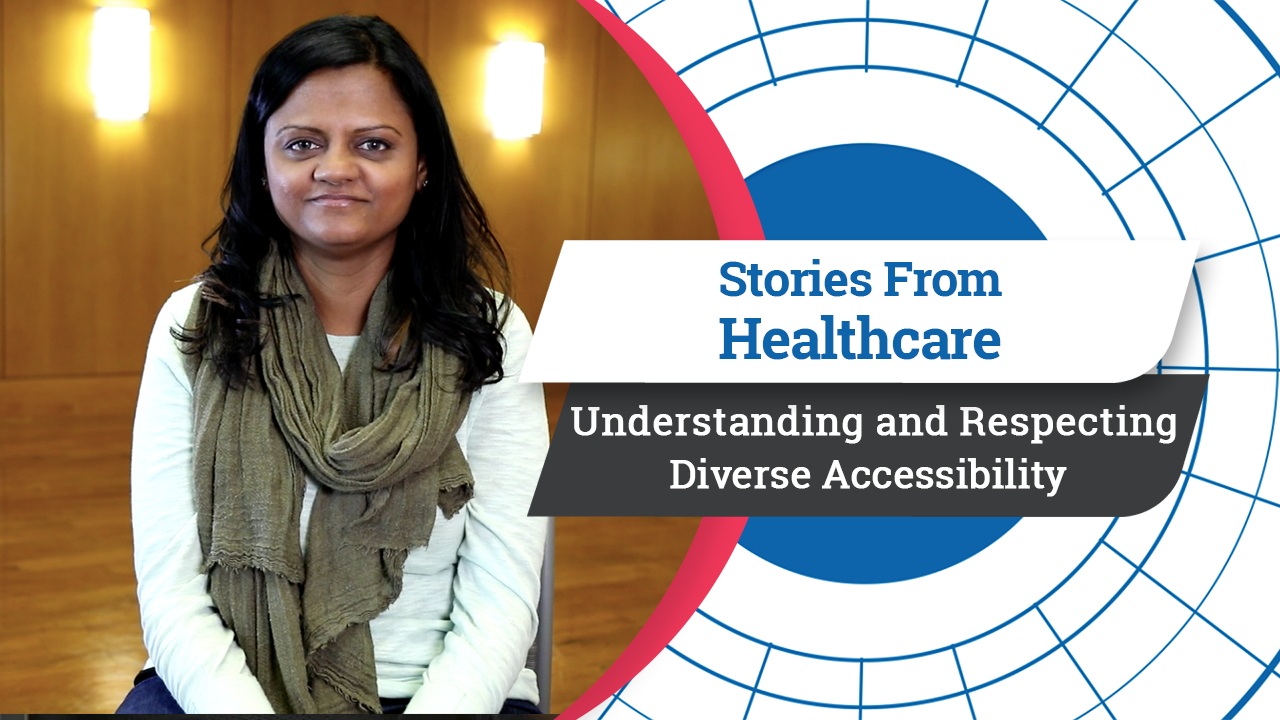
1:48
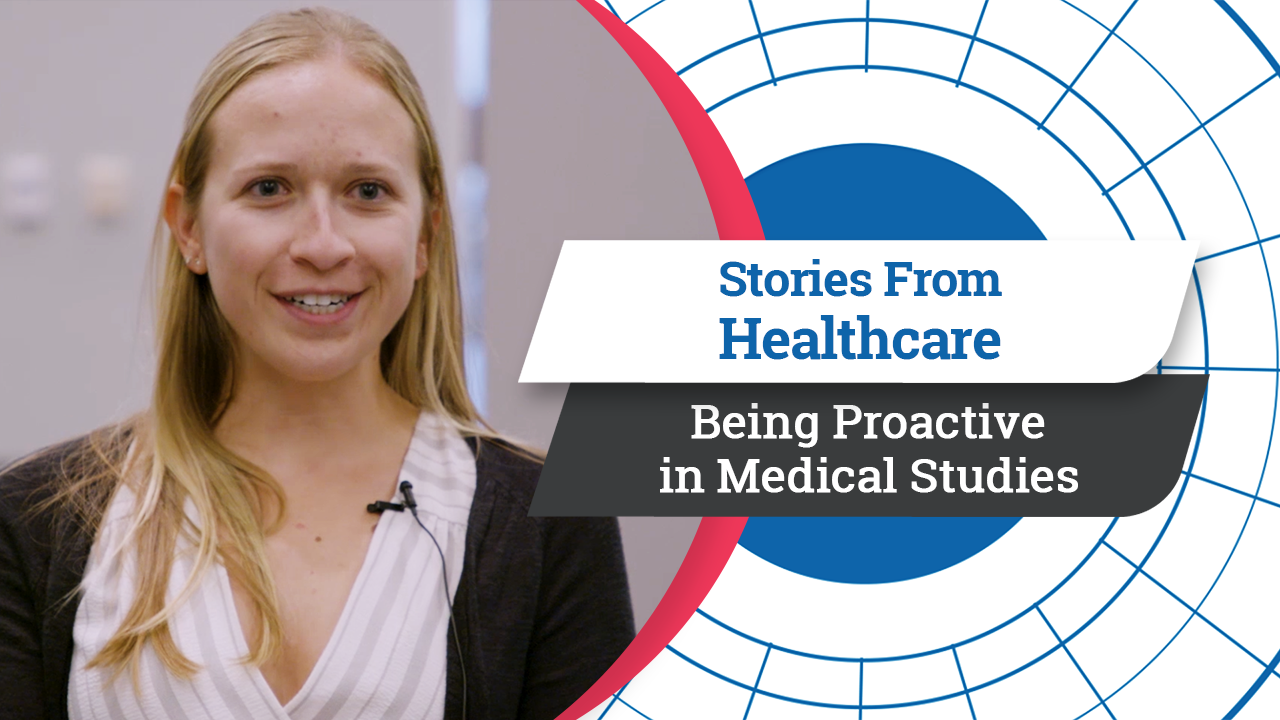
1:52
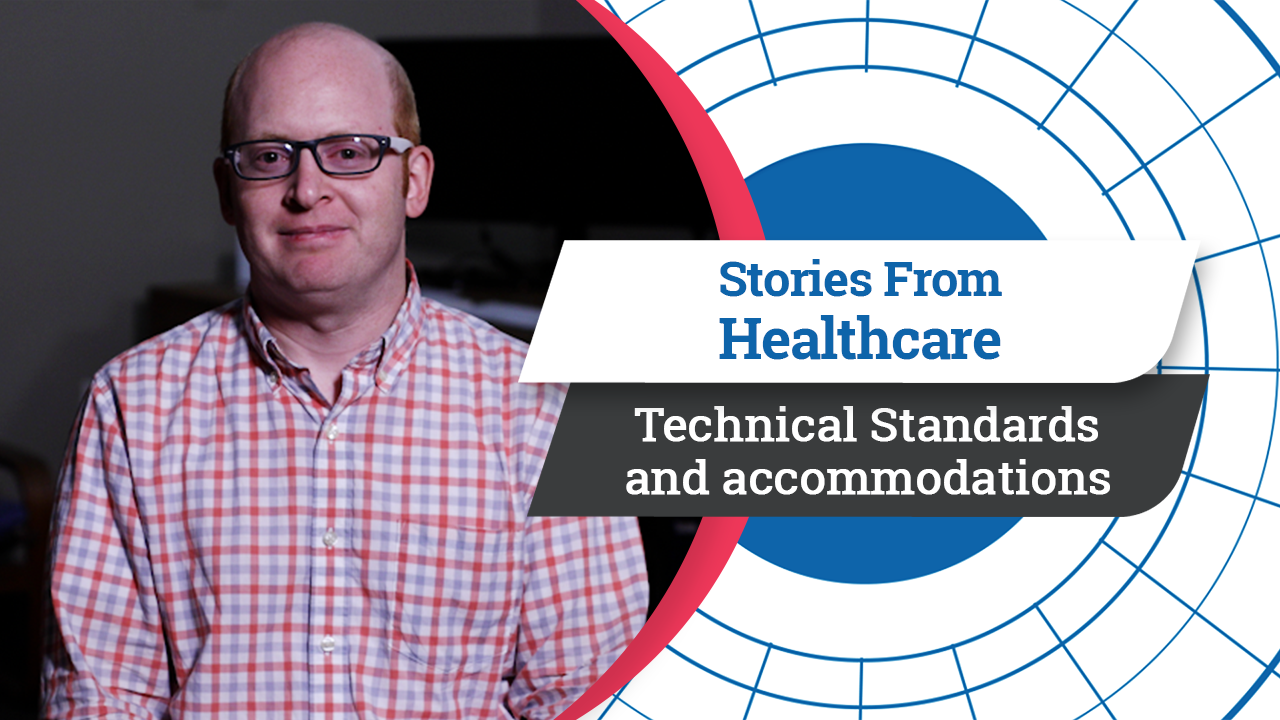
2:43
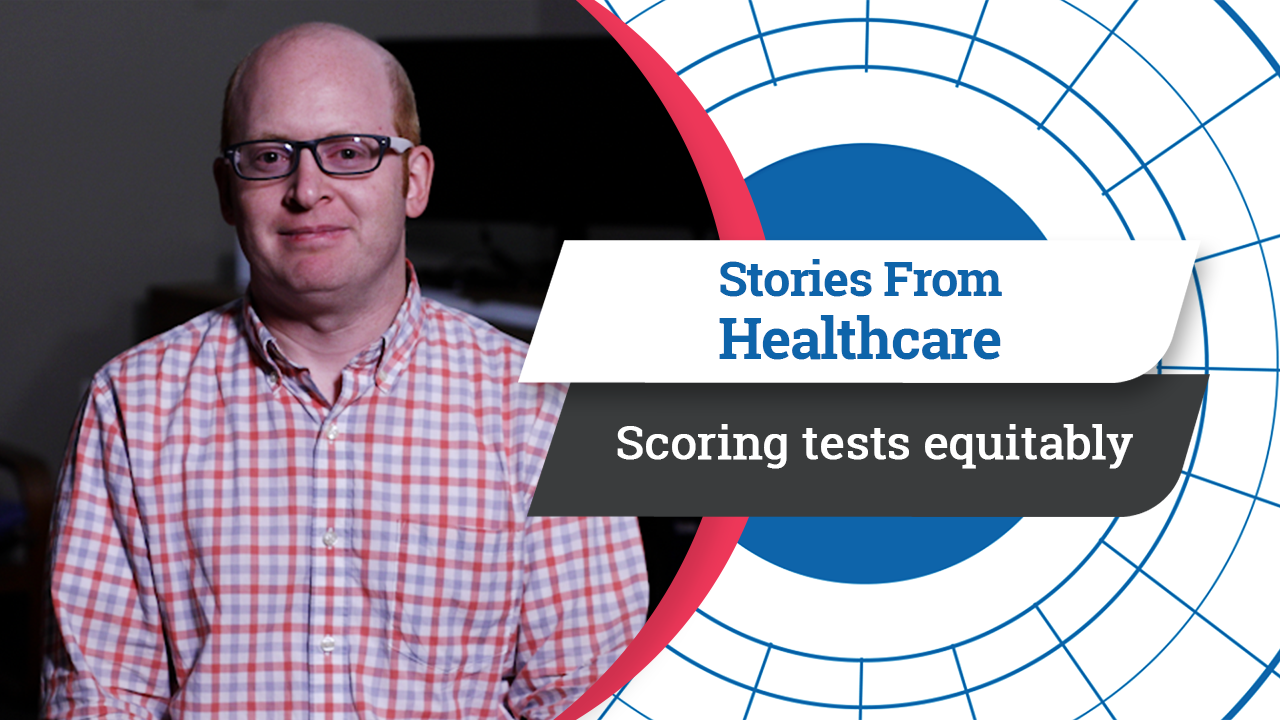
1:07
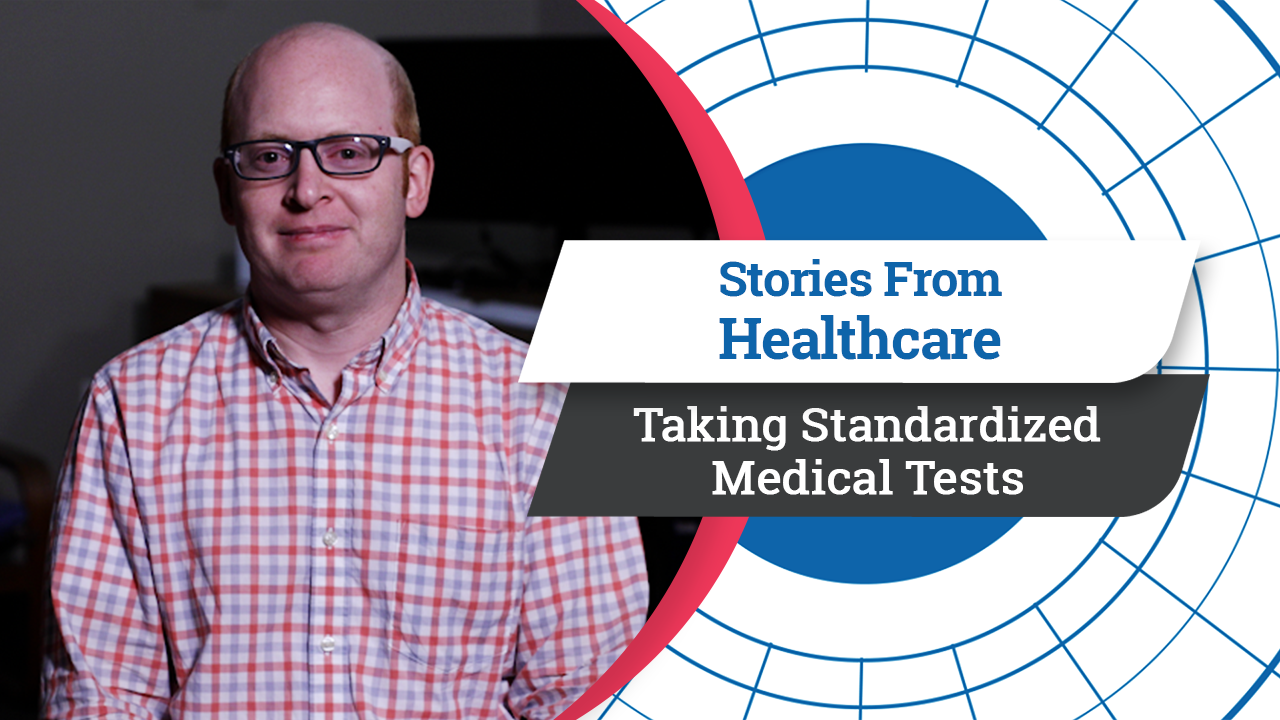
1:25
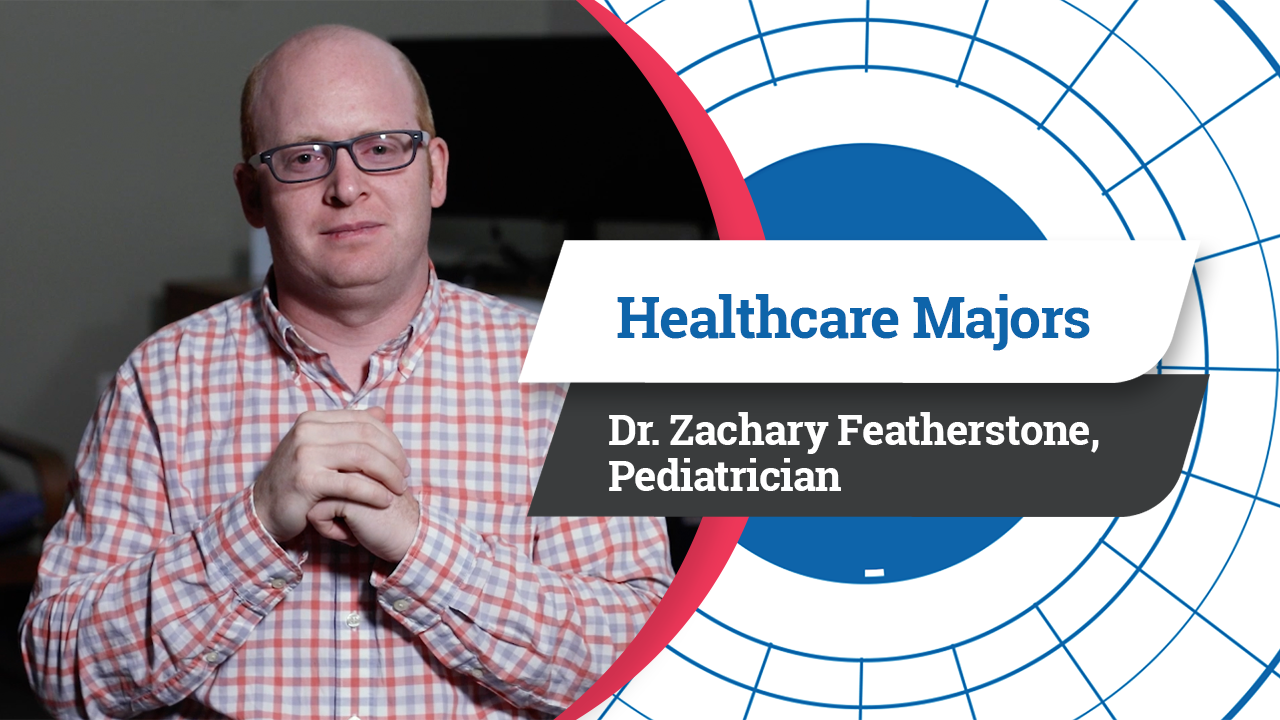
1:45
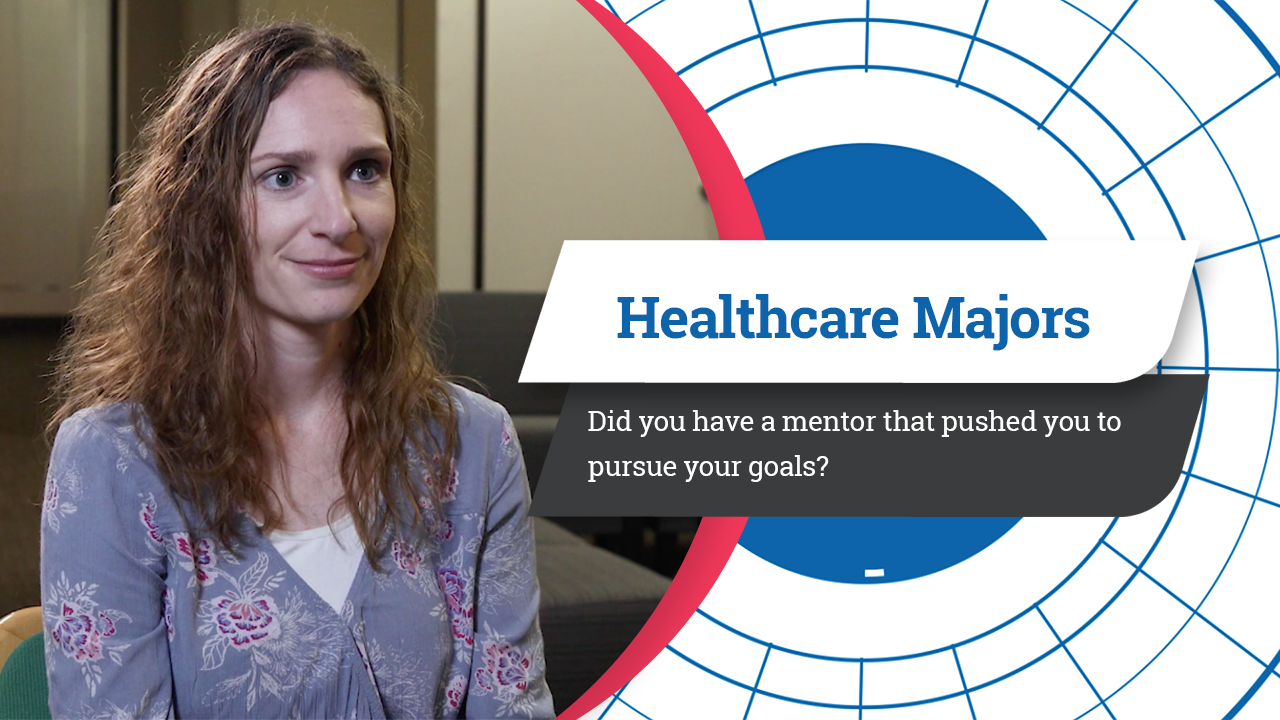
3:04
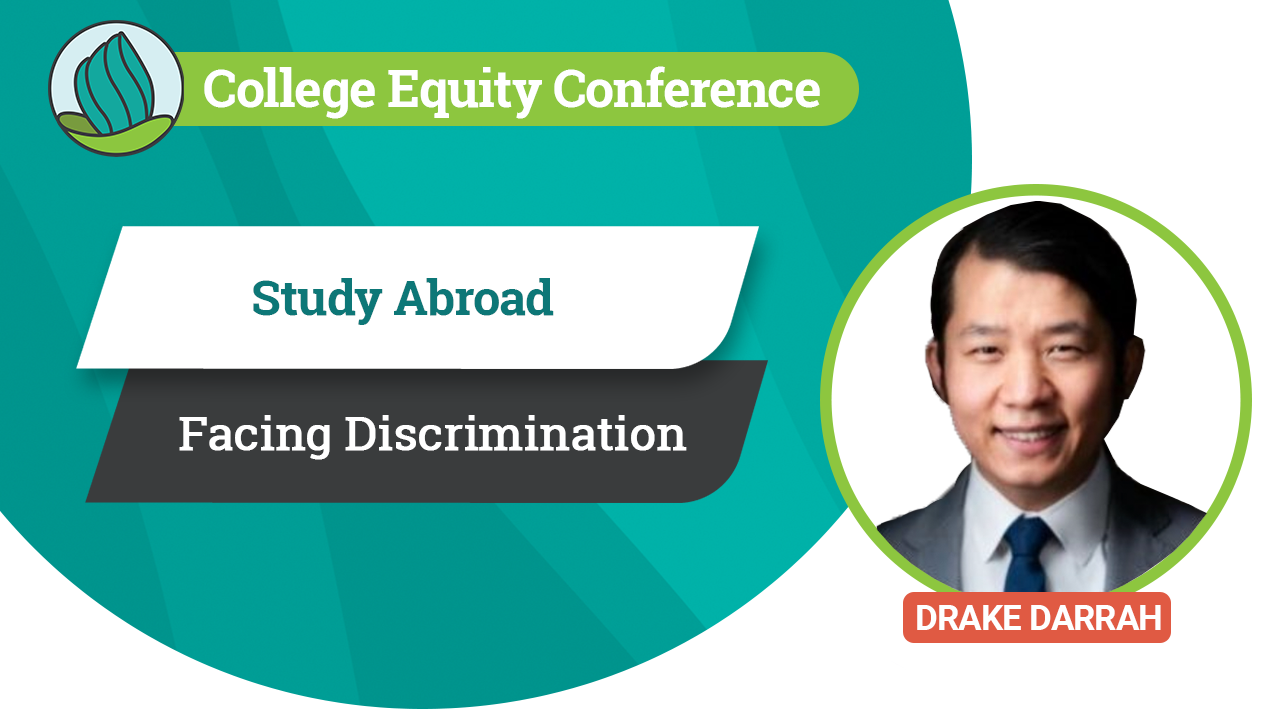
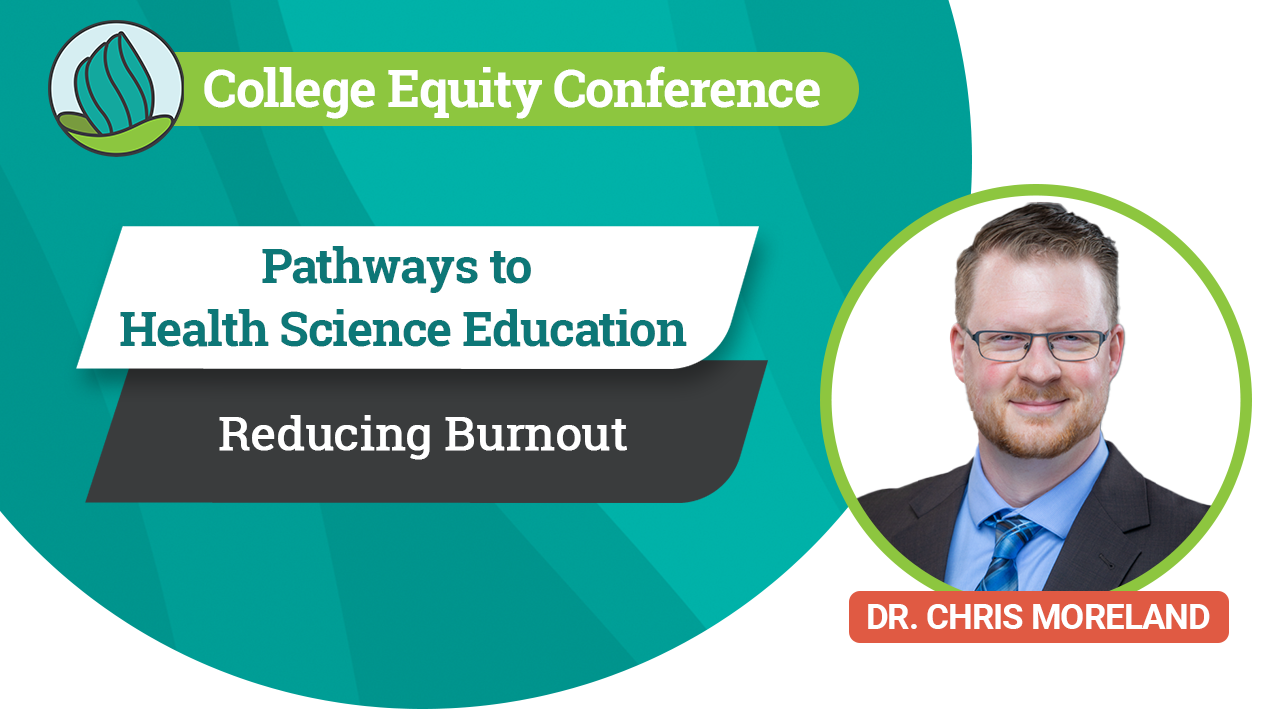
1:43
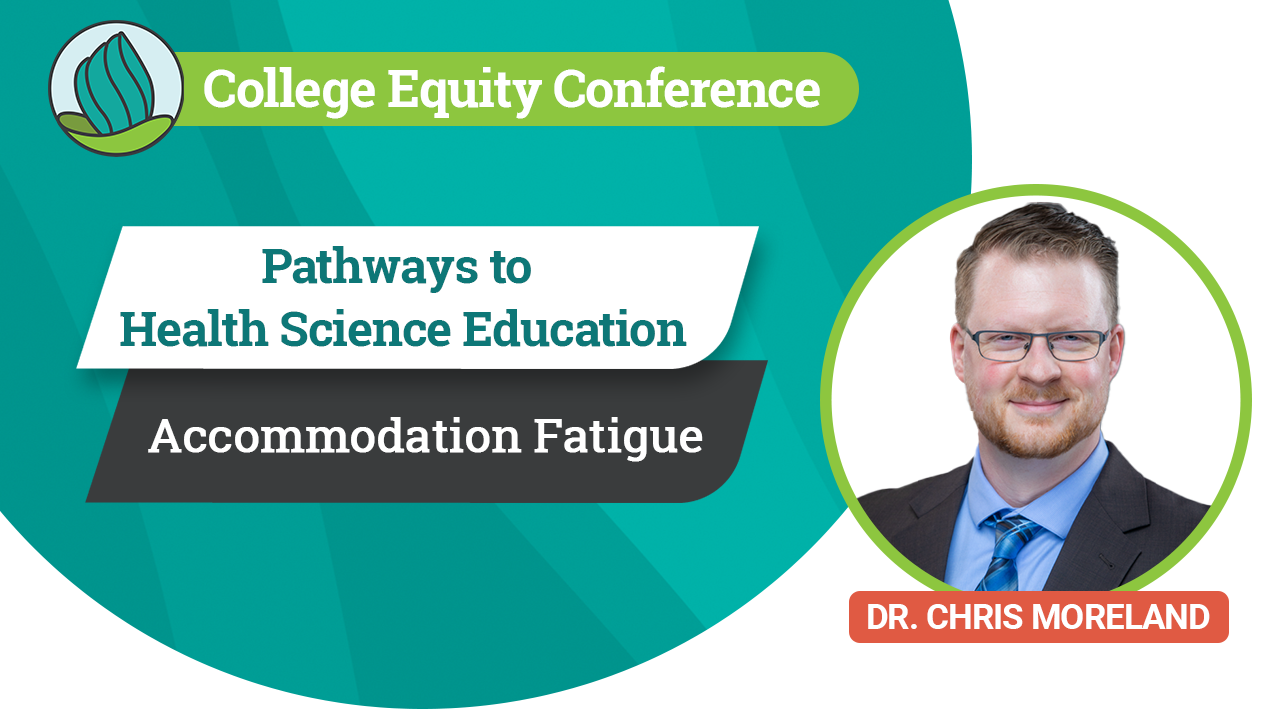
2:12
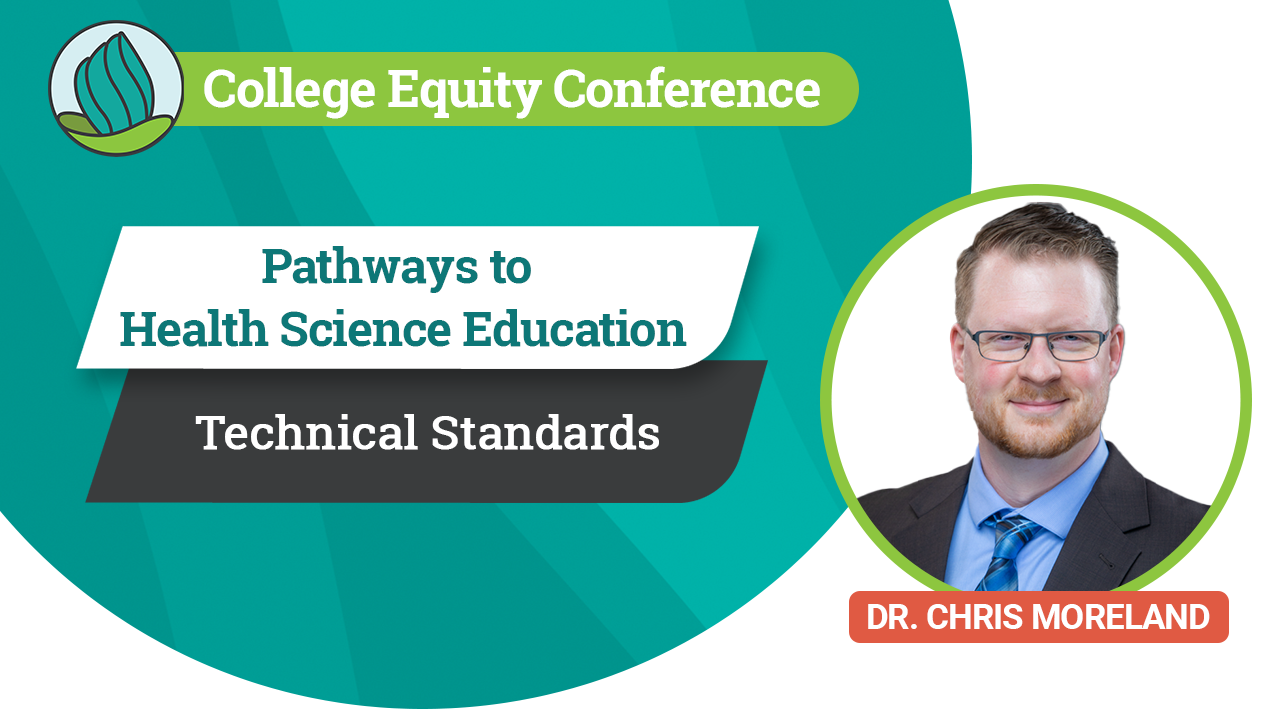
1:53
